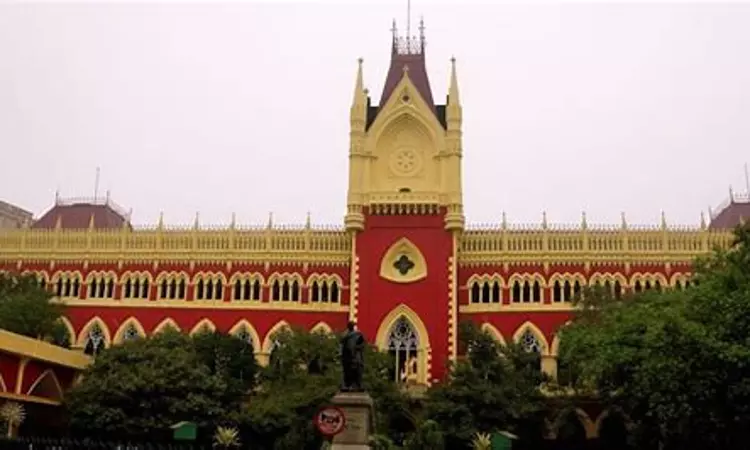GST Department's Effective Adjudication Of Matter Cannot Be Scuttled By Seeking Writ Remedy: Calcutta High Court
Pankaj Bajpai
24 Dec 2024 4:13 PM IST

Next Story
24 Dec 2024 4:13 PM IST
While reiterating that it shall not interfere in matters requiring fact-finding and adjudication, which fall squarely within the statutory domain, the Calcutta High Court advised the manufacturer/ supplier to exhaust the statutory remedies provided under the CGST Act, 2017 including submitting a detailed response to the SCN.“The statutory framework under the CGST Act provides...
